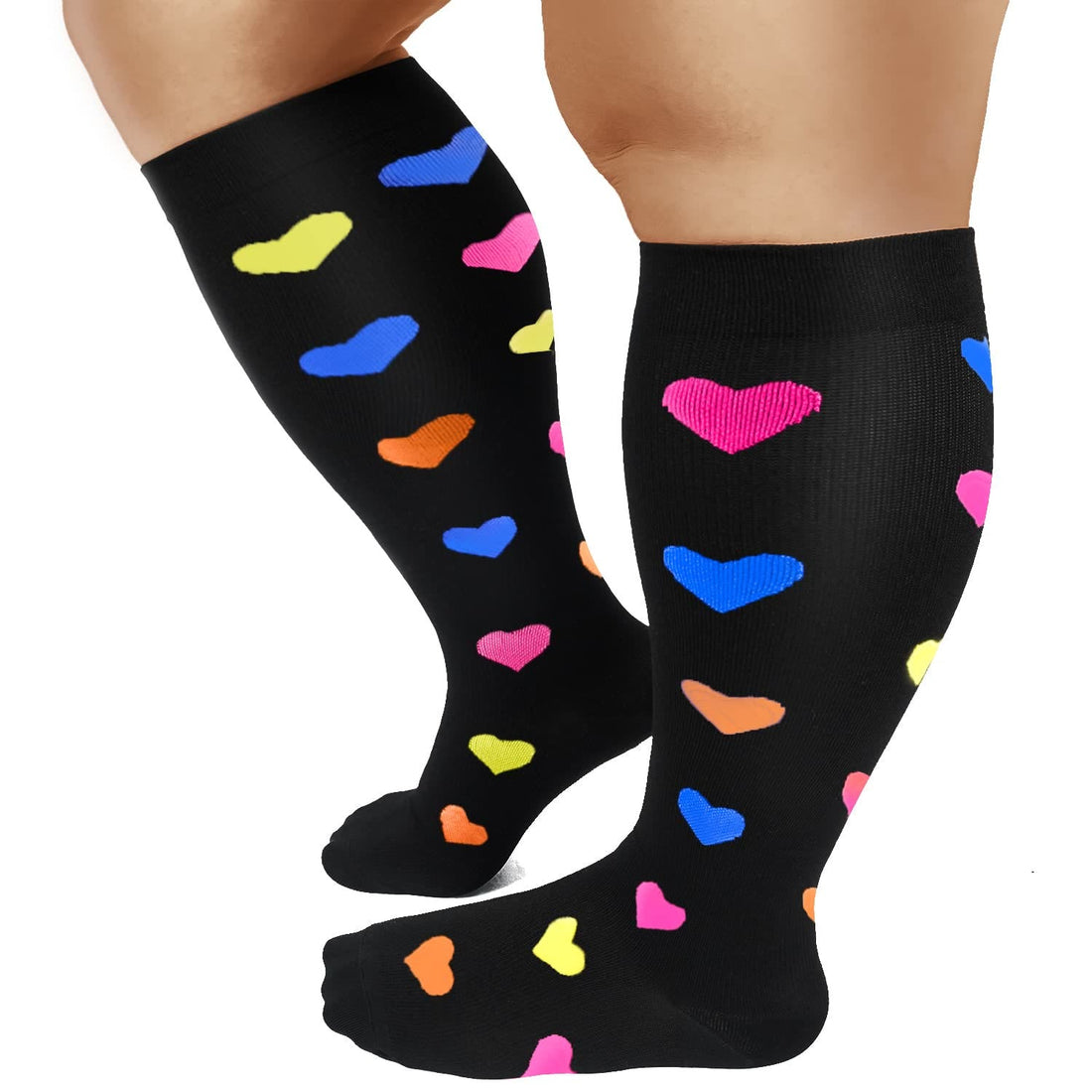Neuropathy is a medical condition where it occurs due to nerve damage in the body. It comes with irritating symptoms that bring a lot of discomfort and disturbs the lifestyle. The damage to the nerves outside the brain and spinal cord which are responsible for transmitting signals between the central nervous system and the entire body.
When damage occurs to these nerves, it causes a range of symptoms, which we refer to as Neuropathy. Some of the common symptoms of Neuropathy include
● Tingling
● Burning sensations
● Numbness or no feeling in the body
● Sharp, stabbing pain
● Muscle weakness
Neuropathy have various causes. Diabetes is the most common cause; other than that, traumatic injuries, infections, autoimmune disorders, and too much toxins intake. For people who are diabetic, high blood sugar levels can damage their nerves, mainly in the feet and legs.
Neuropathy is a serious condition that can significantly impact the quality of life, making it difficult to perform even simple tasks. It may be challenging to manage, but with proper medical attention and your own effort,t, it can be maintained.

How to Prevent Neuropathy
It is possible to prevent neuropathy, though in some cases, it cannot be reduced, mainly when it is caused by some genetic factor or chronic diseases. There are several steps you can take to reduce it and slow its progression. However, it requires commitment, and it is a slow process; but with commitment, it can work.
First, Manage Your Chronic Condition: You need to manage your chronic condition effectively. If you have diabetes, it's essential to maintain stable blood sugar levels. If you have a good track record of taking care of your health with diabetes, then it can prevent you from any nerve damage, and neuropathy can be prevented.
Maintain a Healthy Lifestyle: Having a balanced and healthy diet is crucial. If your diet has vitamins B, E, and Niacin, then it will support your nerve health. Moreover, making sure to avoid any excessive alcohol consumption and less smoking also helps protect your nerves.
Regular Exercise: Exercise is the unicorn of good health. Keeping yourself physically active improves blood flow, which in turn helps maintain healthy nerves. You can opt for low-impact exercises, such as jogging, walking, and swimming.
No toxins good life: Preventing toxins, especially industrial chemicals and heavy metals, can damage your nerves as well.
Maintain regular medical checkups: It is essential to schedule regular medical checkups. If NeuropathyNeuropathy is diagnosed in the early stages, it can be prevented from getting worse.
Compression Socks Features and Features That are Beneficial to Neuropathy
Compression Socks are simple-looking socks, but they are used to apply gentle pressure to legs and feet. The pressure helps increase blood flow, reduces swelling, and can provide significant relief, particularly for individuals experiencing neuropathy. Here are some of the benefits you can get with compression socks and their features.
Improved Blood Circulation
The best benefit of Compression socks is increasing blood circulation. It inserts a gradual pressure on the feet and is a bit tighter at the ankle, then loosens up at the leg. It helps push the blood back to the heart, which improves circulation and reduces the numbness often associated with neuropathy.
Reduced Inflammation/Swelling
We often see diabetic patients with swollen feet and ankles, especially when they stand or sit for a long time. Here, compression socks can help reduce fluid buildup by maintaining gradual blood circulation through the veins.
Support for Nerve Function
Compression socks improve circulation, allowing them to deliver more oxygen and essential nutrients to nerves as they circulate. So, it will slow down the progression of neuropathy, and you will feel less pain, cramping, or any of the related symptoms.
Comfort and Fit for All Body Types
Suppose you have neuropathy and sensitive skin or any other condition caused by nerve damage. In that case, there are compression socks, such as those available at plusock.com, that come in diverse sizes and feature an open-toe design to cater to different needs without causing further irritation or discomfort.

Best Compression Socks for Neuropathy
There are many types of Compression socks, but it is essential to know that the product offers the right balance of pressure and comfort, as well as long-lasting benefits. Here are some of the expert recommendations you need to consider. All of them are available on plusock.com
Plus Size Wide Calf Compression Socks (3 Pairs)
The Plus Size Wide Calf Compression Socks are ideal for individuals with larger calves who need constant pressure without tight binding. The extra-wide design ensures a snug yet comfortable fit, perfect for daily wear.
Solid Color Plus Size Compression Socks (2XL-7XL)
Offering mild to moderate compression (15-20mmHg), these solid color plus size Compression Socks are great for managing swelling and improving circulation. They're available in multiple sizes and colors to suit personal preferences.
Open Toe Compression Socks
Designed for maximum breathability and ease of use, open-toe compression socks are excellent for those with sensitive toes or foot deformities. They pair well with sandals or shoes that expose the toes.

FAQ
Can Compression Socks Cure Neuropathy?
Compression socks cannot cure neuropathy, but they can help reduce some of its major symptoms, such as pain in the legs and feet, numbness, swelling, and other related issues.
Should I wear compression socks all day?
You can wear compression socks while you are awake, although the best time to remove them is during the night. However, you can follow your doctor's advice.
Are compression socks good for diabetics?
Yes, but it needs to be fitted first. Diabetic patients should opt for non-binding, seamless socks that will not restrict blood circulation or irritate sensitive skin.
Final Thoughts
Living with neuropathy is tough, but keeping and trying your best to maintain it is very important. Such supporting tools, like compression socks, can be invaluable, especially in getting relief from their symptoms.
Read more:
Can Plus Size Compression Socks Adapt to Swollen Feet?
Do Compression Socks Help Shin Splints?

